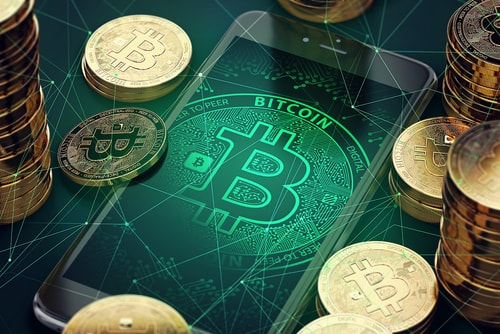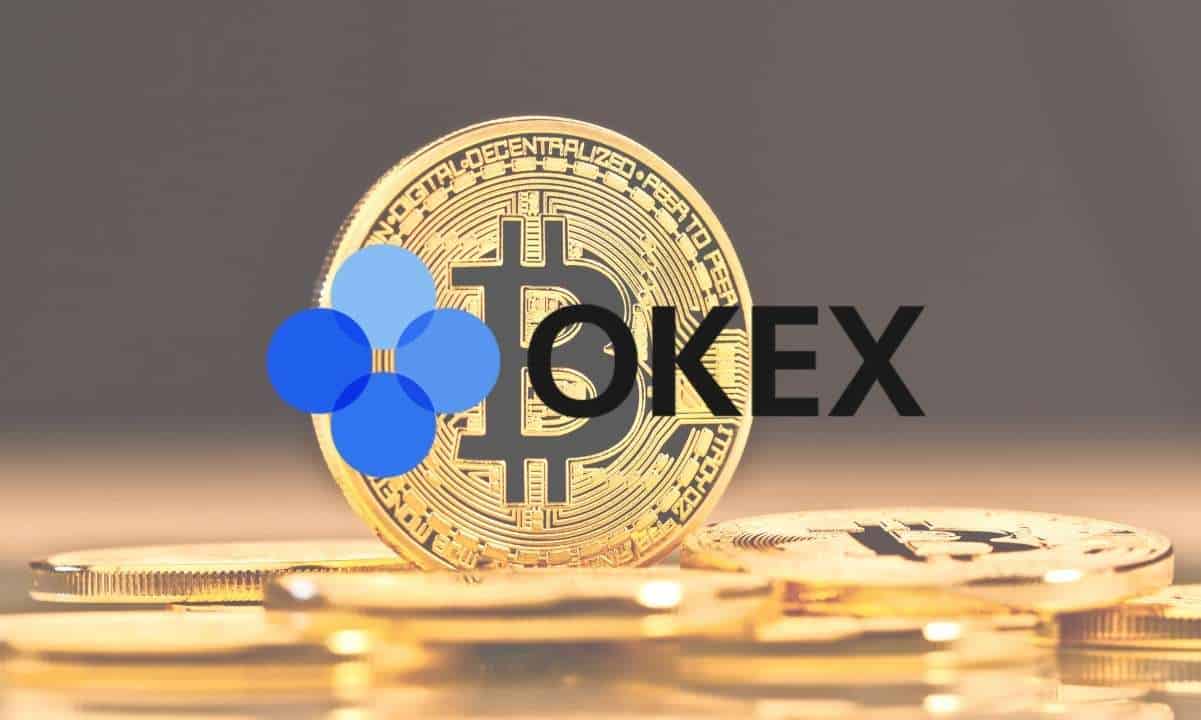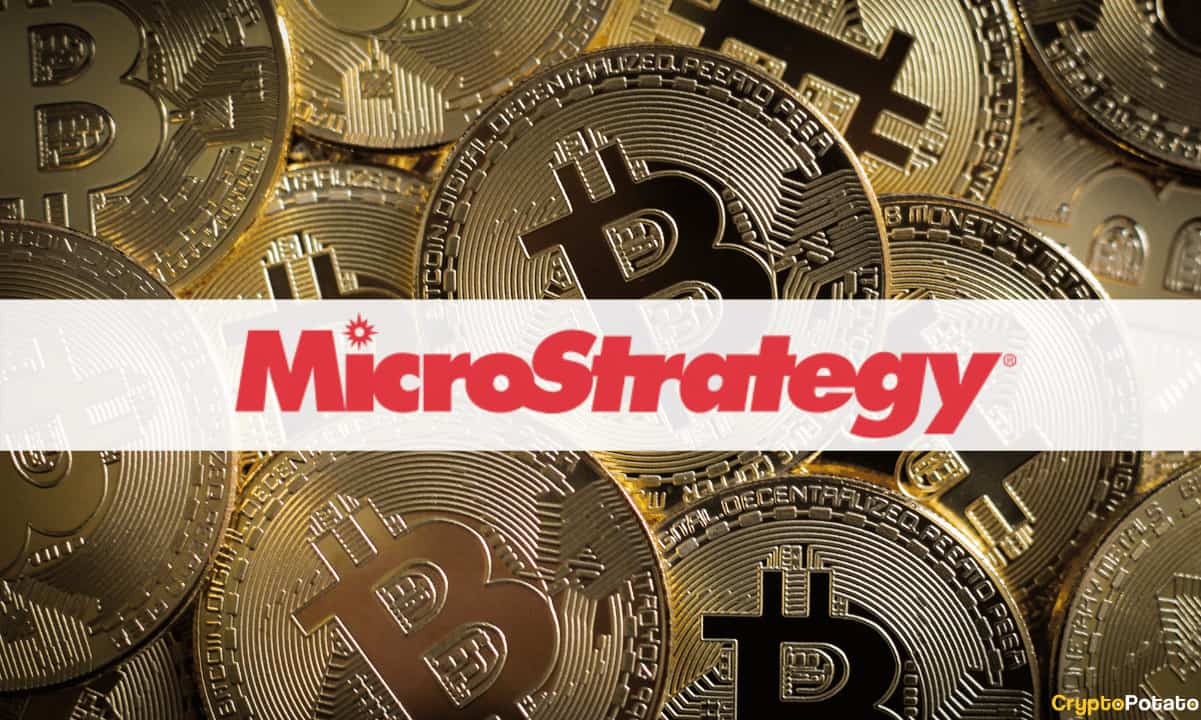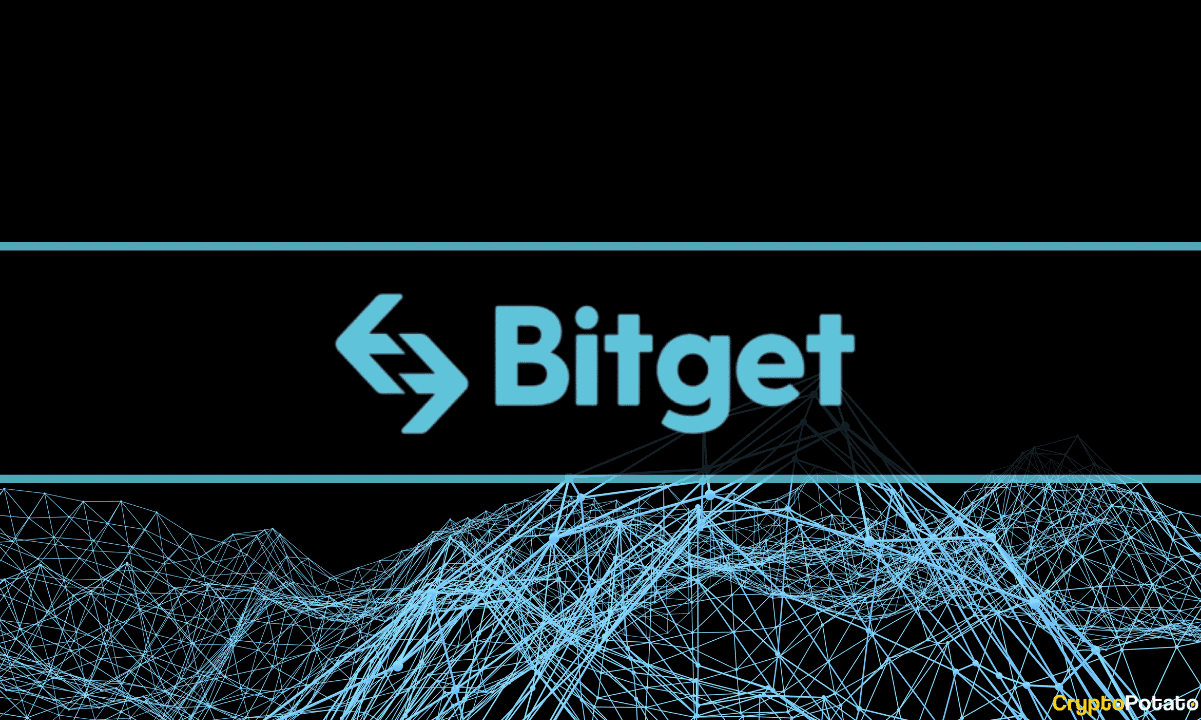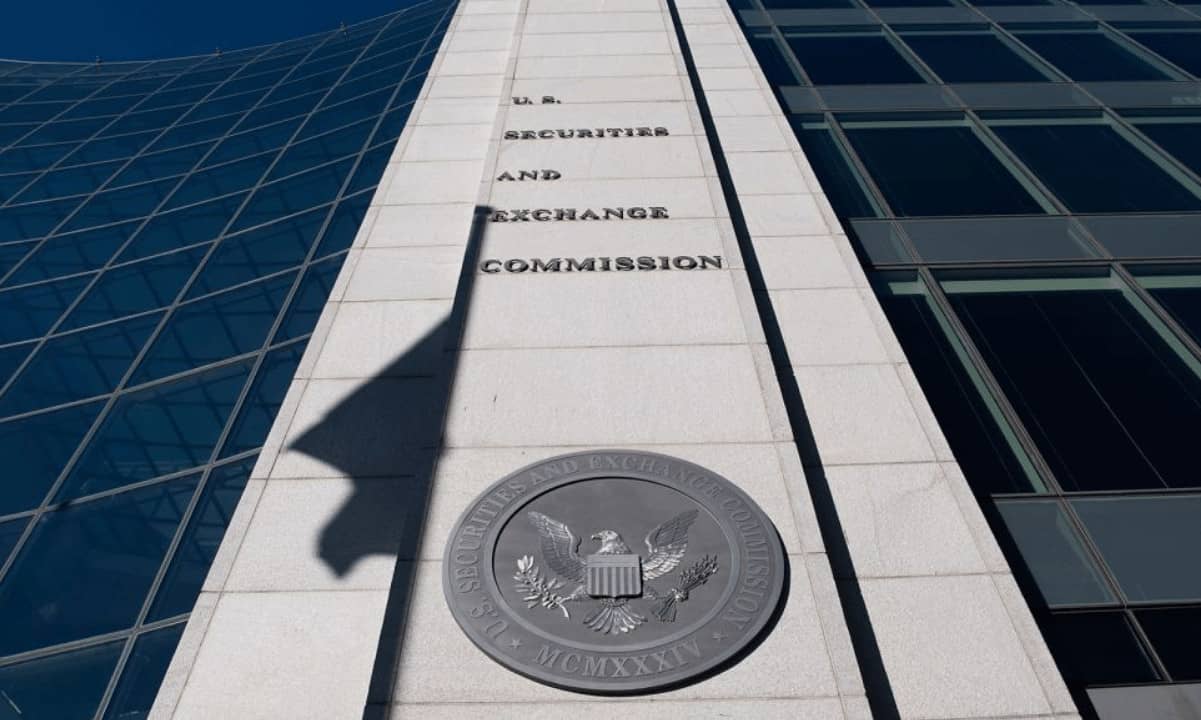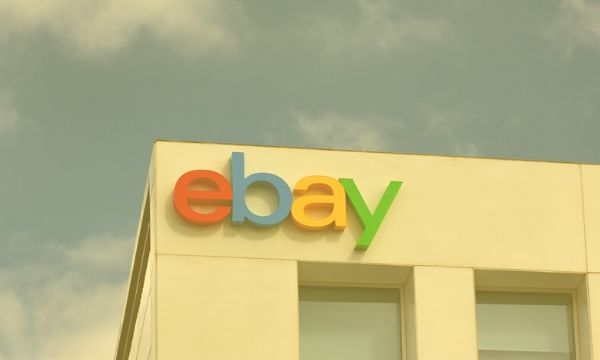South Korean Exchanges Might Sue the Government: Report
The forthcoming regulations in South Korea, which will require exchanges to have a real-name account at a local bank by September, might push many smaller trading platforms out of business. They are reportedly planning to fight back by suing the government.
- CryptoPotato reported before that the Korean government plans to implement a new rule on cryptocurrency trading venues. It carries hefty fines on these companies, should they fail to comply with AML rules.
- After several giants withdrew from the country, including Binance Korea and OKEx Korea, other exchanges have also voiced out concerns lately.
- According to a Business Korea coverage, they also intend to take legal actions against the government.
- By arguing that the Korean authorities have failed to come up with fair regulations, representatives of some of the exchanges said they might sue the South Korean government.
- The report asserted that local banks are “reluctant” to do business with digital asset trading platforms. Some exceptions are evident for the four largest local exchanges – UPbit, Bithumb, Coinone, and Korbit.
- This is why smaller trading venues believe they have been discriminated against, as one of the reps explained:
-
“These days, banks are refusing to initiate their cryptocurrency exchange verification processes without clear reasons, and most exchanges are failing to get a chance to prove themselves. The Financial Services Commission needs to step in right away.”
- Another report from earlier today reaffirmed the belief that some exchanges might be denied bank accounts, especially such offering “too many” coins to their customers.


